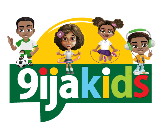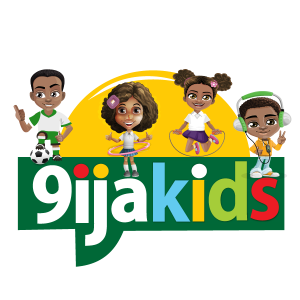My 8-year-old child can be really “forgetful”. I seem always to remind him to flush after using the toilet. He will likely come back empty-handed if you send him on an errand from the sitting room to the bedroom. I have lost count of all the things he “forgets”. I guess what is most worrying is “forgetting” what he has learnt in school.
Does this ring a bell for you? Does your child have a hard time keeping one bit of information in mind while doing something else? The chances are that he/she might have working memory issues. Working memory refers to keeping in mind the information needed to complete tasks like following multi-step directions or solving a math problem in your head. Trust me; you are not alone, as many parents also report similar situations daily. However, do not fret; we have compiled a list of workable strategies your child can learn to help them pull through.
- First, consider breaking down information into smaller bites, especially if you notice your child has a hard time following multi-step directions. Breaking tasks down into smaller and more manageable steps can be an excellent way to help your child remember and process information. For instance, if you are used to saying, bring the toys with the pack and tell dad it is time for dinner, you should try focusing on one task at a time.
- Consider helping your child work on their visualization skills by creating what they just heard or read in their mind. For example, when the child is reading something, have them pause and ask them to imagine the scene in their head and describe it to you. Another easy way to go about it is to ask them to set the table for a few people and then picture it in their heads. Then have them draw this and describe it. With time, they will be able to describe a similar or such scene without drawing it.
- When your child just learnt a new skill or just read or heard something new, you could help them make some attempts at recreating that thing by asking them to teach you what they have been told, taught or read. This helps them to mentally organize it before being able to say it aloud.
- Songs and abbreviations -My son loves to sing, and it is amazing how many lines of Justin Bieber’s song he can recall excellently. So, we use songs to remember the 7 Rivers in Africa or abbreviations to remember the lines and space of the treble staff in music – Every Good Boy Deserves Fanta. Alternatively, MRS GREN to remember the various life processes in Science.
- Computer games, apps and puzzle games can be used alongside other strategies to help your child’s visual memory. Games are visually appealing, fun and require active learning (using more senses).
- Encouraging active reading is another sure bet that most parents have attested to. Using highlighters and a sticky note can work like magic, and of course, that is why they are very much popular today. Get them to formulate the habit of Jotting down notes and, if possible, instructions. Underlining or highlighting text can help kids keep the information in mind long enough to answer questions about it. Active reading strategies can help with forming long-term memories too.
Try some of these strategies, and you will be amazed at the instant results. Don’t keep the strategies to yourself, share them with other parents too.
Also, give 9ijakids educational games a try and be amazed at how much fun your child can have while learning. Sign up today to 9ijakids for a free 30day trial by clicking here.


